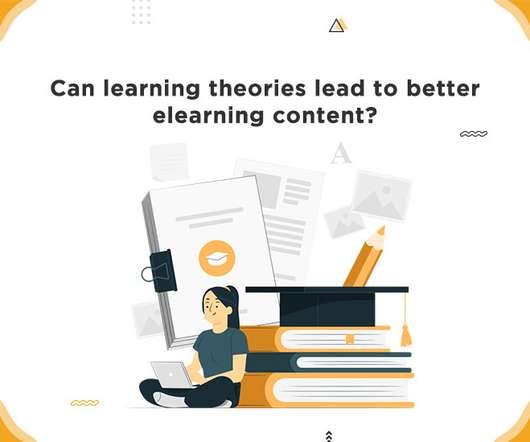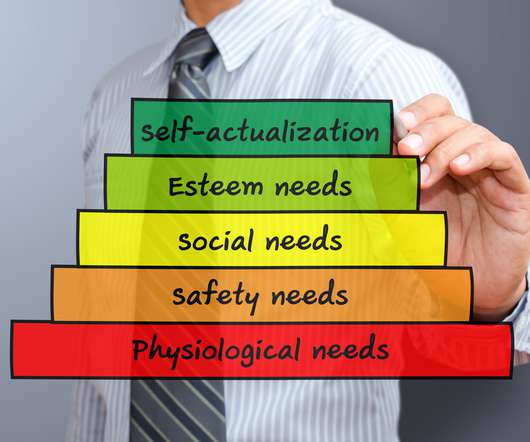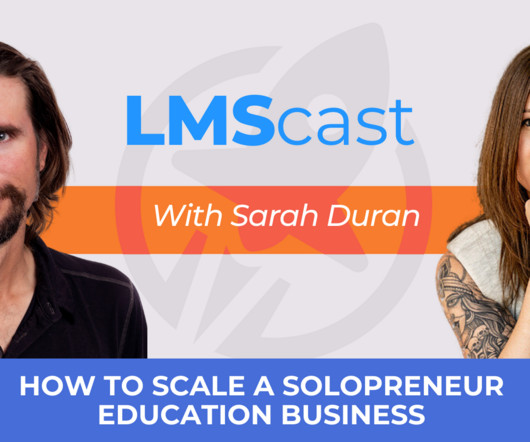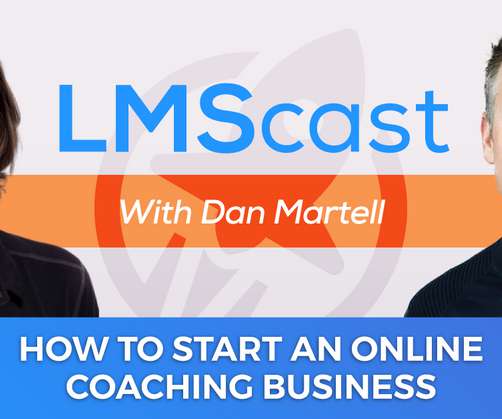#TwistedTropes 24: Maslow's awkward hierarchy
Learning with e's
DECEMBER 6, 2019
Photo from Wikimedia Commons Everything was awkward about the famous psychologist Abraham Maslow. As a young man, Maslow had very few friends, so he made books his companions, married one of his cousins by accident, and then spent the rest of his life trying to discover the meaning of life. Fermat's dodgy last theorem 18.






























Let's personalize your content